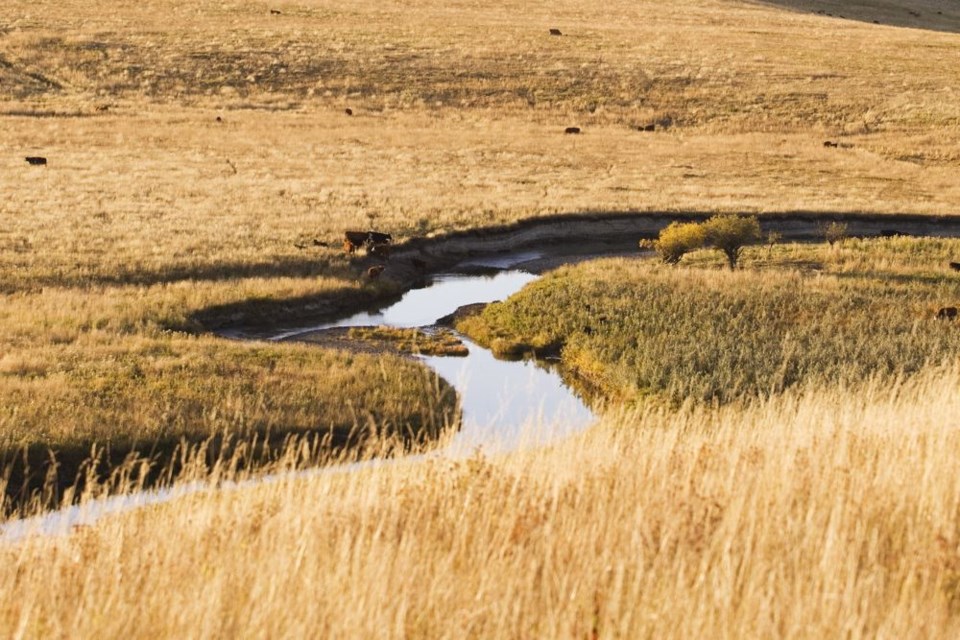The Water Security Agency (WSA) released an updated spring runoff outlook for 2018, confirming that the early March snowfall across much of southern Saskatchewan has raised projections for a near normal to above normal snowmelt runoff across most of the province, except some drier pockets in southwest and south central Saskatchewan.
Due to below normal moisture conditions across Â鶹´«Ã½AVern Saskatchewan at freeze-up in 2017 and low snowfall through early winter, WSA had initially projected a below normal runoff for these areas in its February forecast. However, snowfall from March 3-5 brought between 20-45 centimetres to the southeastern areas of the province, bringing the snowpack to near or above normal levels.
Assuming near normal conditions going forward to the melt, a band stretching through the North Battleford, Saskatoon, Regina and Yorkton areas is now expected to receive a near normal snowfall runoff, as is anticipated in the northern boreal forest area.
Above normal runoff is expected in pockets of the province which received above average precipitation through 2017 and winter, including the Buffalo Narrows areas as well as the Prince Albert/Hudson Bay/Nipawin area and the extreme southwest corner of the province. While flows are anticipated to be higher than normal in these areas, flood levels are not anticipated at this time.
While the early March snowfall improved conditions somewhat, a band stretching southeast from Kindersley through Swift Current and Moose Jaw, down through to Estevan is still projected to experience a lower than normal spring runoff. Additional significant late winter and early spring moisture before summer months would be necessary to address potential agricultural and municipal water supply shortages in these areas. The WSA will continue to work proactively with municipalities and producers on solutions to manage water supplies effectively.




